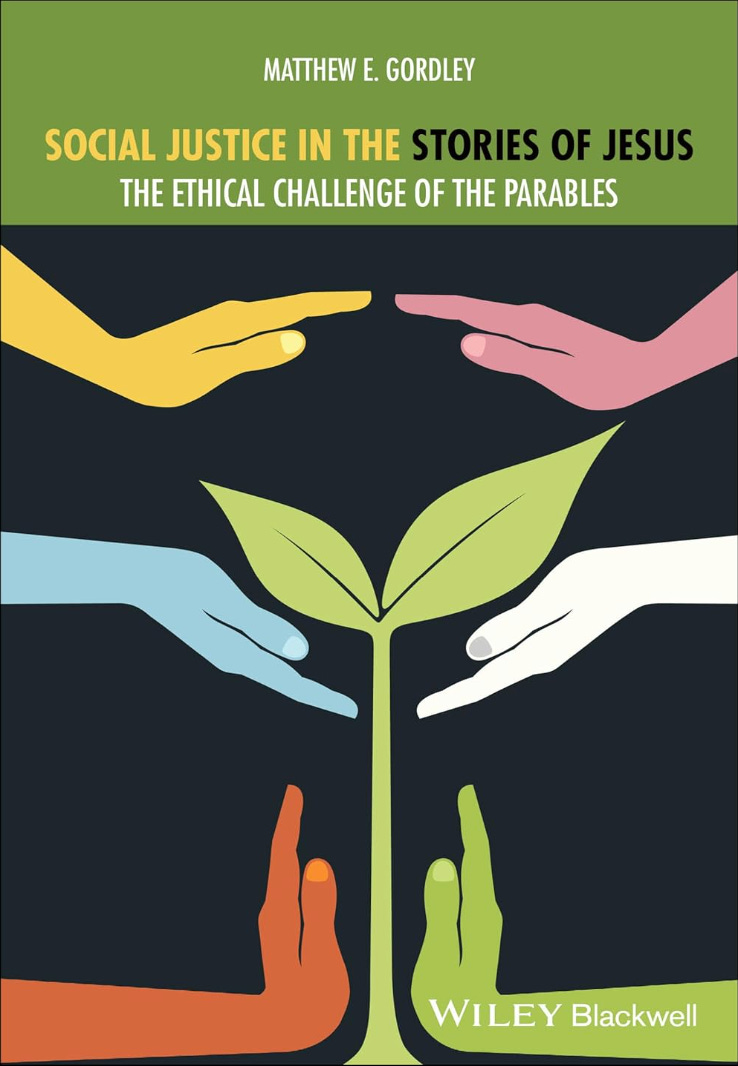Nothing is closer to the heart of Jesus and his vision for the Kingdom of God than his parables. And the parables of Jesus are as much a vision of ethics and how the people of God and all creation, are to live in light of the Kingdom of God. Which is why the new book by the arrival of Matthew E. Gordley, Social Justice in the Stories of Jesus: The Ethical Challenge of the Parables on our doorstep now appears on your screen. Gordley is not the first to address the ethical vision of the parables, but this is one of the most recent important studies on the parables of Jesus.
Readers of this Substack will know I think in the parables teaches us to imagine a world like this. As Gordley writes, “in the parables Jesus calls his listeners to live a radical new kind of life marked by mercy, justice, valuing of community, and forgiveness.” But, “in a world where only some are flourishing and many are suffering, and where complex societal forces dehumanize and degrade, and where ideologies and beliefs divide, the parables challenge us to think differently and live differently.” Gordley knows that it is not just about reading the parables, but with whom we read the parables – that matters immensely. Gordley reads the parables with the Sisters of Mercy at Carlow University.
His introduction to parables is brief and solid. Parables put one thing – what is known – alongside something that is unknown – the kingdom of God’s incursion into our realities. As such, quoting Arland Hultgren, “a parable is a figure of speech in which a comparison is made between God's Kingdom, actions, or expectations and something in this world, real or imagined.” But Gordley adds a vital element to this when he writes that “as a kind of folk discourse common in the ancient world, parables are a creative medium that is uniquely suited to convey a provocative message in a simple and even disarming way.” They redescribe our realities but tending to our imagination to think about world in a fresh way.
Why did Jesus tell parables? It’s too easy to slide into Mark 4, exegete, move on. Gordley avoids that simplicity: (1) they are entertaining; (2) they are memorable; (3) they have the “power to engage the mind on a deep level”; (4) they engage the heart; (5) they disarm in order to “raise difficult issues”; (6) they lead us to “mysteries that exceed human understanding” and to look through the parables to deeper realities.
Gordley, as the title of the book indicates, will explore seven parables to discover their probings of social justice, both in the world of Jesus and in our world.
The good Samaritan
The lost sheep, coin
The lost sons
The mustard seed
The Pharisee and tax collector
The laborers in the vineyard
The rich man and Lazarus
Join us for this series.
His method is self-conscious, and as such the book will be an extremely helpful textbook. It teaches both how to study/read parables and the meaning of seven of them that illustrates his how.
(1) grasp the story; (2) ask questions to gain understanding; (3) spot the twist; (4) consider the metaphor; (5) articulate the challenge; and (6) consider implications.






Excellent, thanks for sharing this book
Thanks for sharing. I am so excited to read this! This is what I had been planning to study for my thesis.